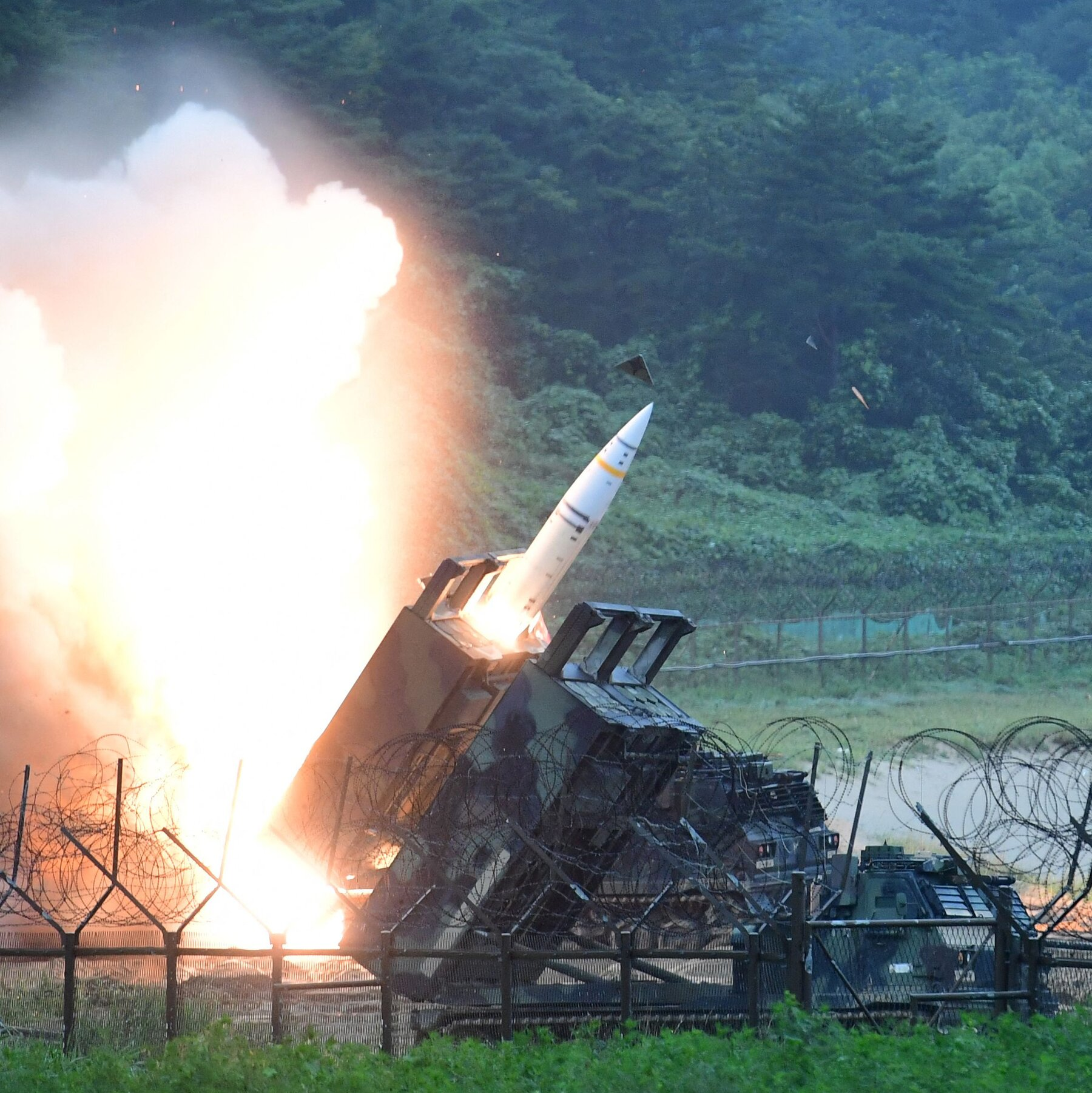
Key Points:
- The US will redirect air defense interceptor missiles, initially intended for other allies, to Ukraine to counter intensified Russian attacks on its energy grid.
- The decision, prompted by the urgent need to bolster Ukraine’s air defenses, will delay shipments for an unspecified number of countries for approximately 16 months.
- While emphasizing the seriousness of the situation, the White House assured that the move wouldn’t negatively affect Taiwan’s defense capabilities.
US Diverts Air Defense Missiles to Ukraine, Delaying Shipments to Allies
In a move reflecting the escalating urgency of the conflict in Ukraine, the White House declared Thursday that it will be expediting the delivery of crucial air defense interceptor missiles to Kyiv. This decision entails redirecting shipments initially destined for other allied nations, a move prompted by Russia’s intensified attacks on Ukraine’s energy infrastructure.
Prioritizing Ukrainian Needs
National security spokesman John Kirby confirmed the US had made the difficult decision to reprioritize planned foreign military sales deliveries. While he declined to specify which countries or how many shipments would be impacted, he emphasized the critical nature of the situation. “Right now, we know that Ukraine urgently needs these additional capabilities,” Kirby stated during a press briefing, “Obviously more is needed, and it’s needed now.”
This announcement follows President Biden’s remarks at the recent G7 summit in Italy, where he alluded to the potential necessity of such a measure. “We’ve let it be known for those countries that are expecting, from us, air defense systems in the future, that they’re going to have to wait,” Biden had said, underscoring the administration’s commitment to Ukraine’s defense. “Everything we have is going to go to Ukraine until their needs are met. And then we will make good on the commitments we made to other countries.”
Countering Russian Aggression
This latest development in the conflict coincides with a resurgence of Russian airstrikes on Ukraine’s power grid, while Ukrainian forces have retaliated by targeting Russian oil facilities with drone attacks. Both sides are engaged in a strategic struggle to weaken the other’s capacity to sustain the war effort.
Balancing Commitments and Understanding
The precise number of interceptors being diverted to Ukraine remains undisclosed, though Kirby indicated that it could involve “hundreds” of Patriot interceptor missiles. He assured that Ukraine would be given priority for shipments as systems would come off the assembly line for approximately the next 16 months, providing sufficient defensive capability for that period.
Following this timeframe, Kirby stated that “countries that have been asked to delay will start to get” the deliveries of systems they had previously ordered. While Kirby acknowledged that “a range of countries” will experience delays in receiving their missile systems, he reassured that the shift would not impact Taiwan or its defense capabilities in the face of potential threats from China.
When questioned about the reaction from other allies, Kirby described it as “broadly understanding,” emphasizing their awareness of the dire situation in Ukraine. “They know how serious the need is in Ukraine,” he affirmed.
